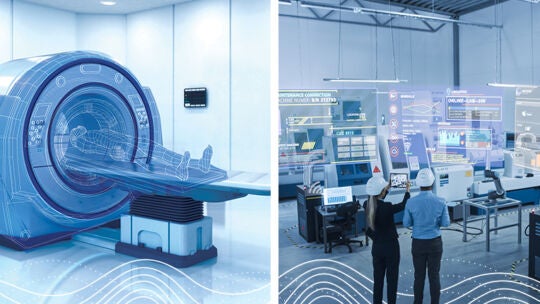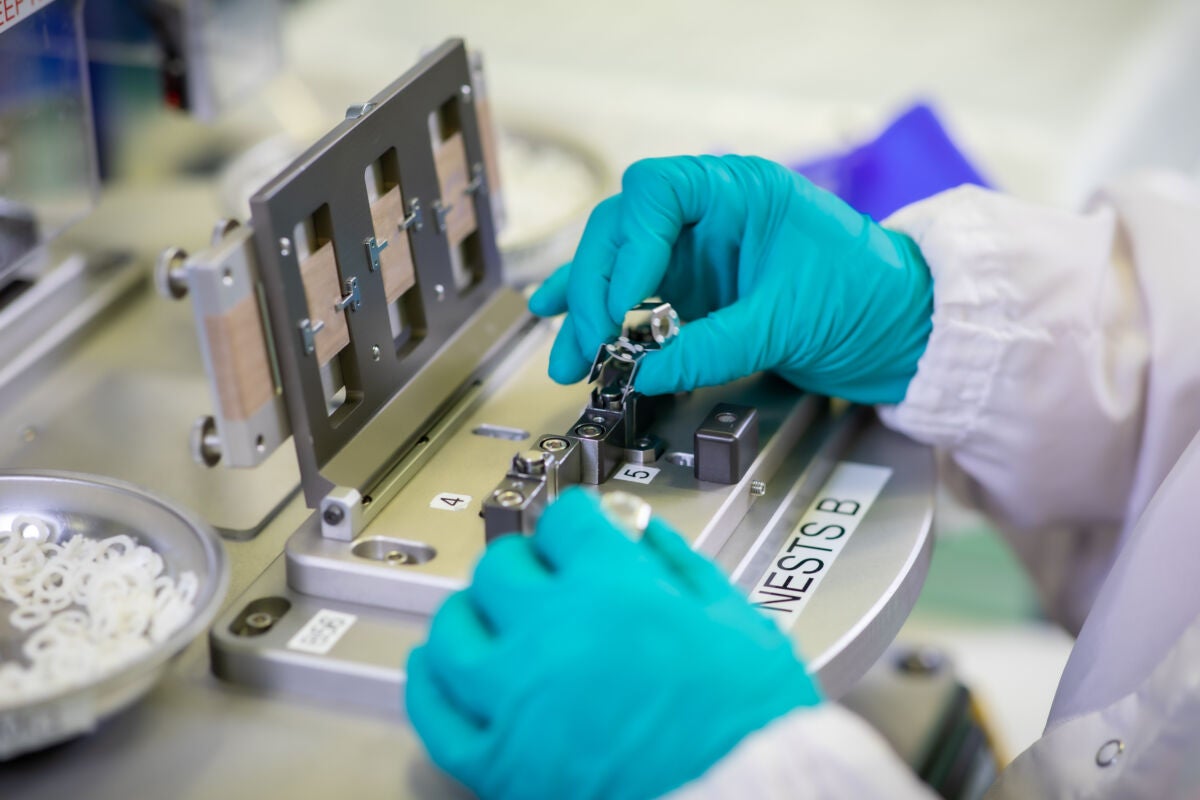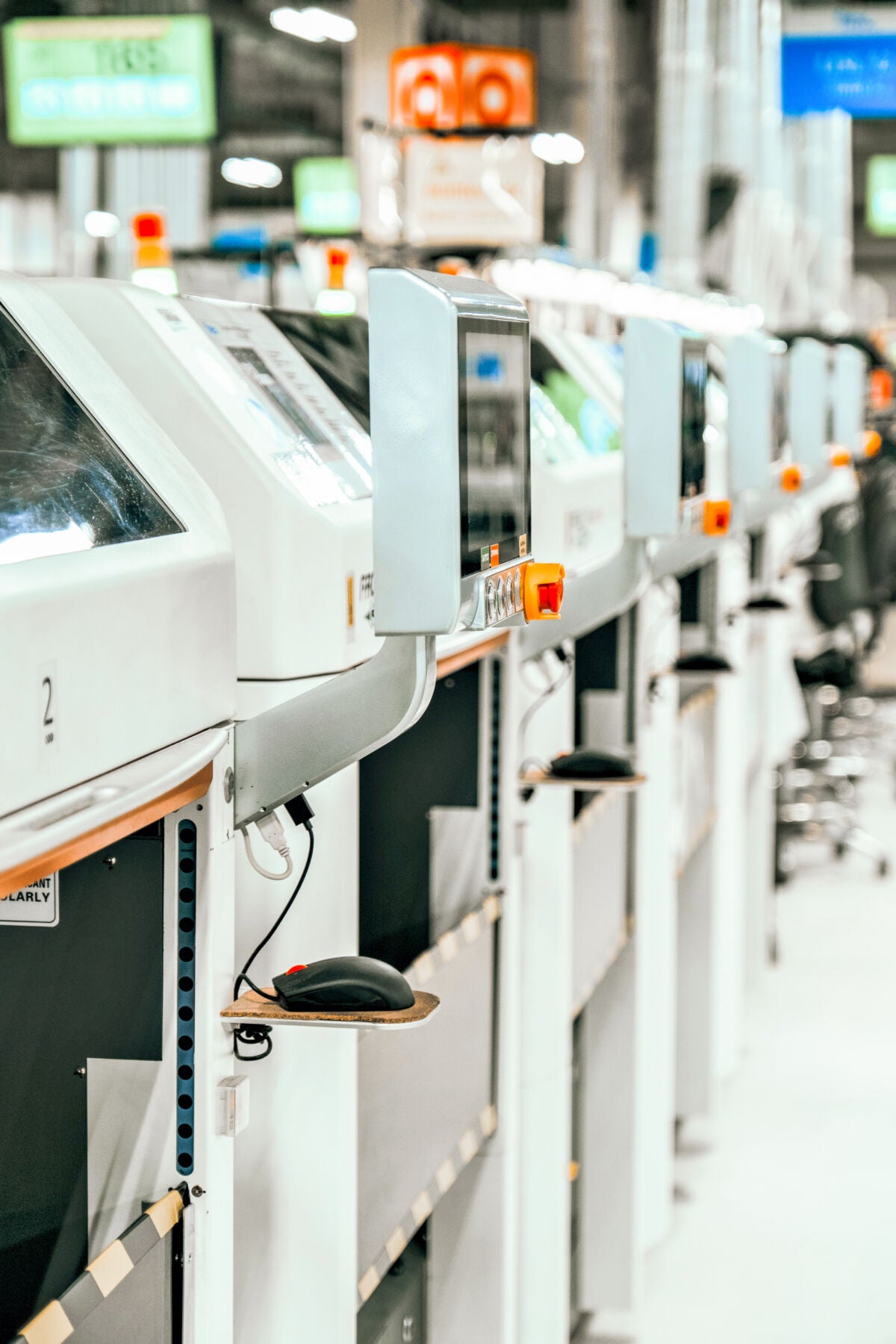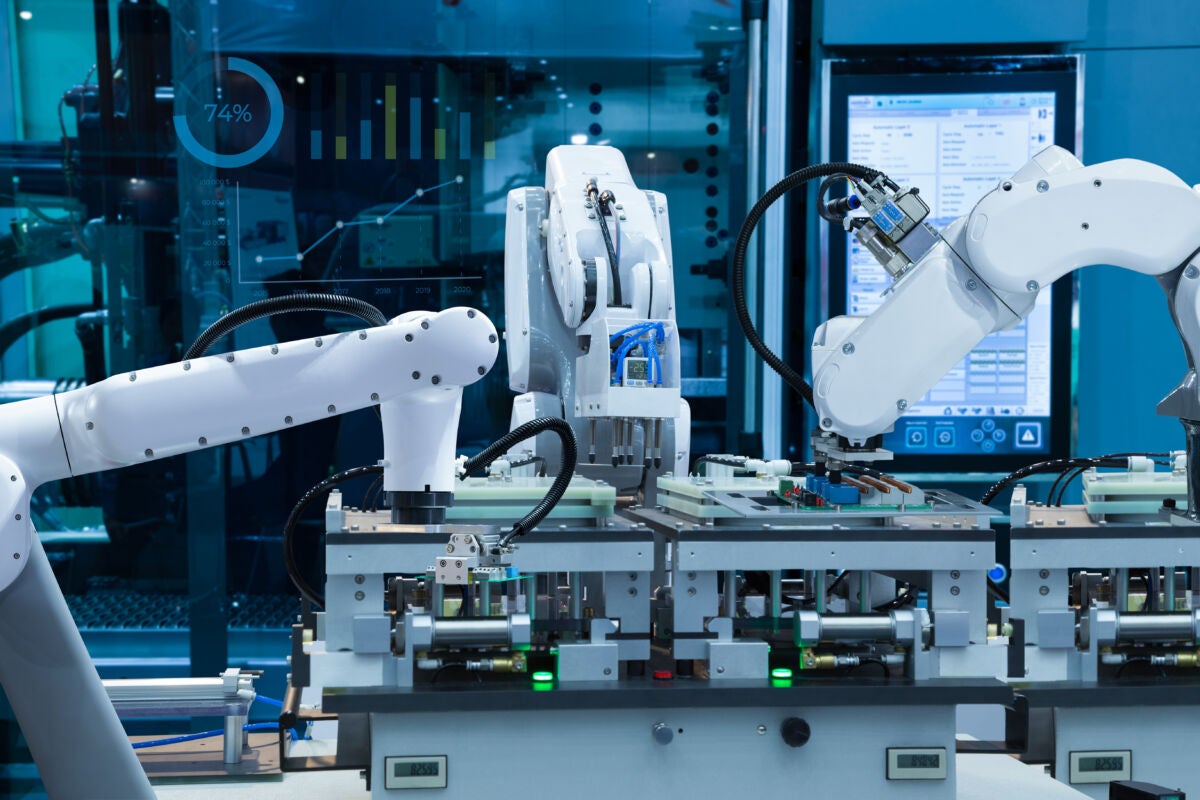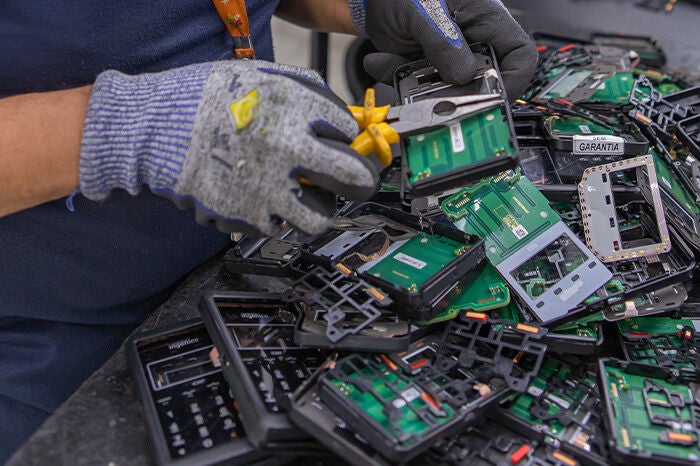A survey of supply chain leaders found that disruption has reshaped almost every supply chain, with 97% of respondents stating that they have already introduced new measures—including inventory increases, dual sourcing, and regionalization—to support business continuity and boost resilience.
Moreover, with 80% of customers citing sustainability reasons when they change purchase preferences, investors are becoming increasingly interested in how brands are reducing their environmental footprint. Shorter and more sustainable regional supply chains are even more attractive and can make a company more competitive in the long run.
Engaging a manufacturing partner with a global, diverse supply chain network can empower brands to determine a regionalization strategy that allows for flexible sourcing and the building of products in strategic regions close to their end market. When disruptions occur, brands that have chosen a partner with greater global scale and regional reach can adapt, rapidly shifting production to other locations around the world as demand shifts, geopolitical situations evolve, or regulations change.
In one case, Flex worked with a provider of complex capital equipment to optimize their supply chain. We were able to develop a highly complex configure-to-order product with a ~560,000 part count, and to help the customer confidently manage a supply chain of 700 unique suppliers.
